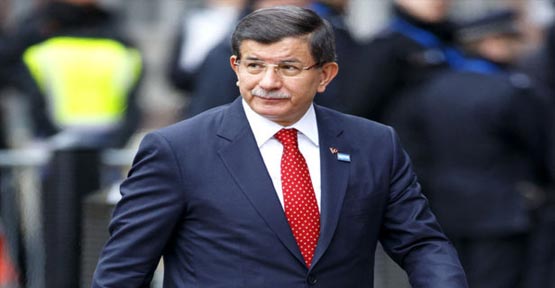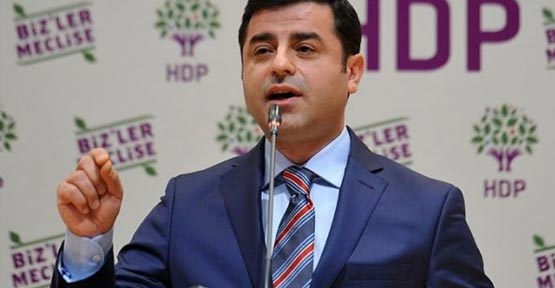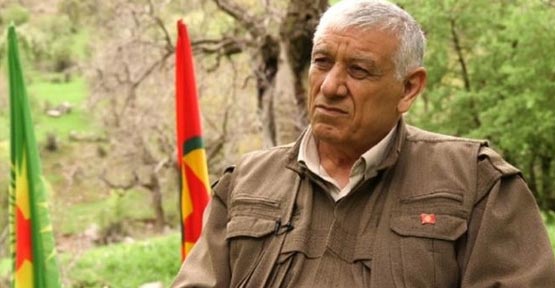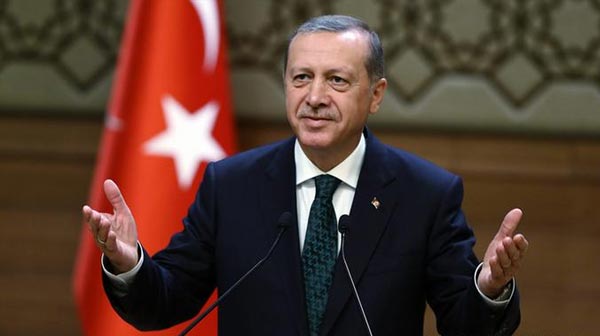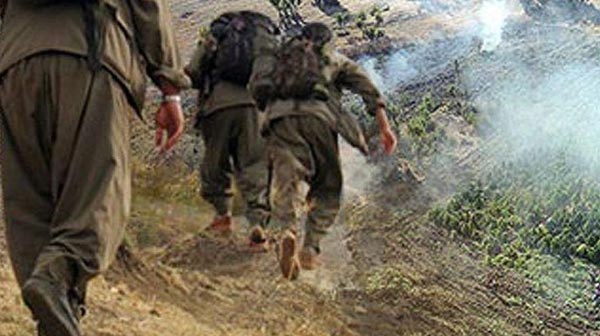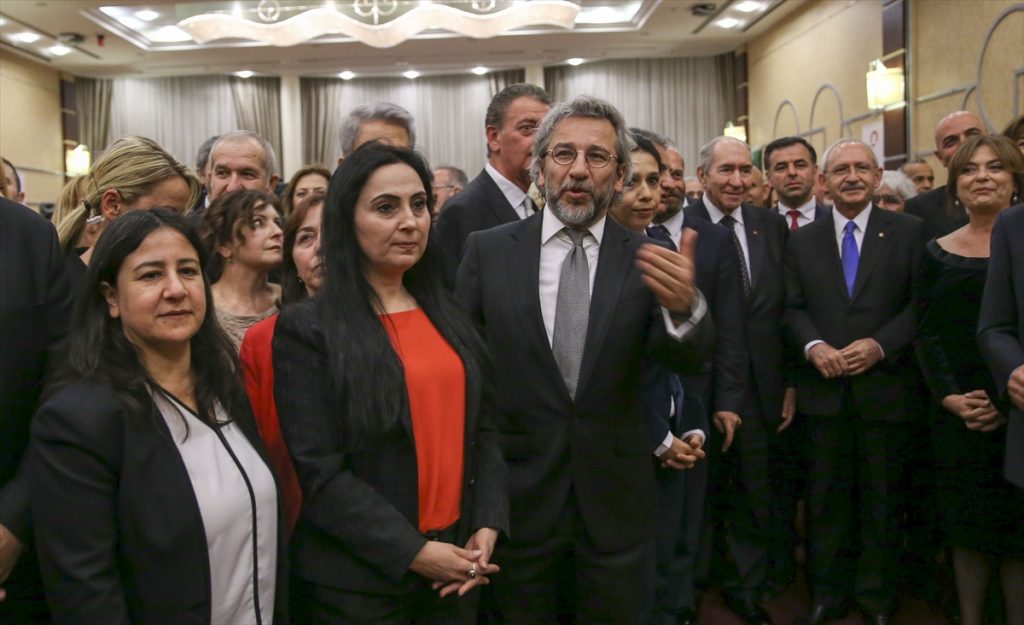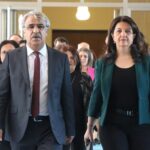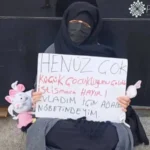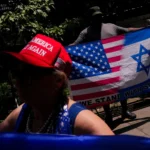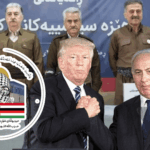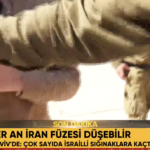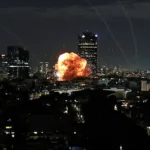Kurtuluş Tayiz
The Turkish original of this article was published as Cizre’den Kobani çıkarmak on 12th September 2015.
It is difficult to say that Turkey has really taken stock of what happened at Kobane.
Throughout the Kobane affair, what the US and generally speaking the West actually did was to push the gates of legitimacy wide open for the PKK. The IS was used to re-fashion the PKK as an internationally credible political actor in the international system. Through İmralı and the Solution Process, the organization had been elevated to the same status as Turkey. Through Kobane, it was deployed into an anti-Turkey position.
Unlike what they claimed, American military and political support for Kobane was not intended to initiate a resistance that would have anti-IS domino effect throughout Syria. Instead, the purpose was to generate an actor capable of Syrianizing Turkey. A look at where the PKK arrived after Kobane can help us grasp this better. While the organization might have been expected to present itself more forcefully at the negotiation table in the wake of its political success in the June elections, instead what it now placed on its agenda turned out to be a plan for this country’s Syrianization, in accordance with which it quickly leapt into action to apply the Kobane model to Turkey.
The West was not providing all that support to the PKK out of pure love. It was not without reason that the Western media were showering all that praise on the PKK. In return they had certain expectations regarding Turkey, and what is happening today has everything to do with meeting those expectations of the West. The PKK may of course be looking to this process for some gains of its own, but what is paramount is the interests of the West, not of the Kurds or even of the PKK.
Having supported and cleared the way for the PKK at Kobane, the West is now playing it as a “terror card” against Turkey. Kobane appears to have served as a laboratory for adapting the PKK to this objective. And this terror is likely to continue until Turkey has been forced to accede to the West’s demands. Furthermore, the West’s expectations are not limited to just fomenting terror in this country. They extend to Syrianizing Turkey.
From what PKK wanted to accpmplish in Cizre, we can clearly see where this trend is heading. The PKK poured around 200 young fighters armed with RPGs, anti-aircraft guns, and tons of explosives into Cizre in the hope of realizing something comparable to “the Kobane resistance.” They were looking to pit the people of Cizre against the state in order to create “Turkey2s Kobane.” And that is exactly what Selâhattin Demirtaş said: “Cizre is Turkey’s Kobane.”
If the PKK had been able to bring about even the smallest kind of “armed popular resistance” against the state in Cizre, as at Kobane this too would have been blown up out of all proportion by both the national and international media to be marketed in the Southeast and indeed all of Turkey as a new “epic of Kobane.” They would have been striving to obtain the same national and international support over Cizre that they had enjoyed at Kobane. They would have been trying to put Turkey in a politically very difficult situation at home and abroad in order to increase the pressure on the AKP and President Erdoğan. They would have attempted to reduce Erdoğan’s position to Assad’s in order to bully the AKP into sitting down to negotiate with the PKK and thereby to obtain its surrender.
Even if the state has so far been able to deny them, this plan is still on the agenda. The PKK is looking for any opportunity to implement it. If Turkey does not watch it steps, it could experience fractures of historic proportions. The fire in the Middle East could jump over. To some extent, the country’s fate depends on Ankara remaining unbowed.
Yazıyı beğendiysen, patronumuz olur musun?
Evet, çok ciddi bir teklif bu. Patronumuz yok. Sahibimiz kar amacı gütmeyen bir dernek. Bizi okuyorsan, memnunsan ve devam etmesini istiyorsan, artık boş olan patron koltuğuna geçmen lazım.
Serbestiyet; Türkiye'nin gri alanı. Siyah ve beyazlar içinde bu gri alanı korumalıyız. Herkese bir gün gri alanlar lazım olur.





